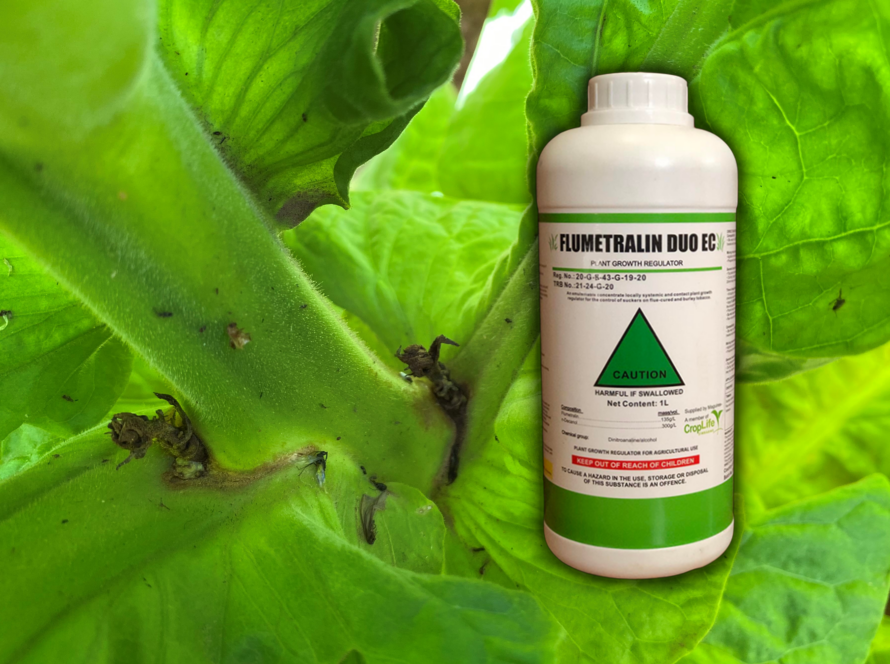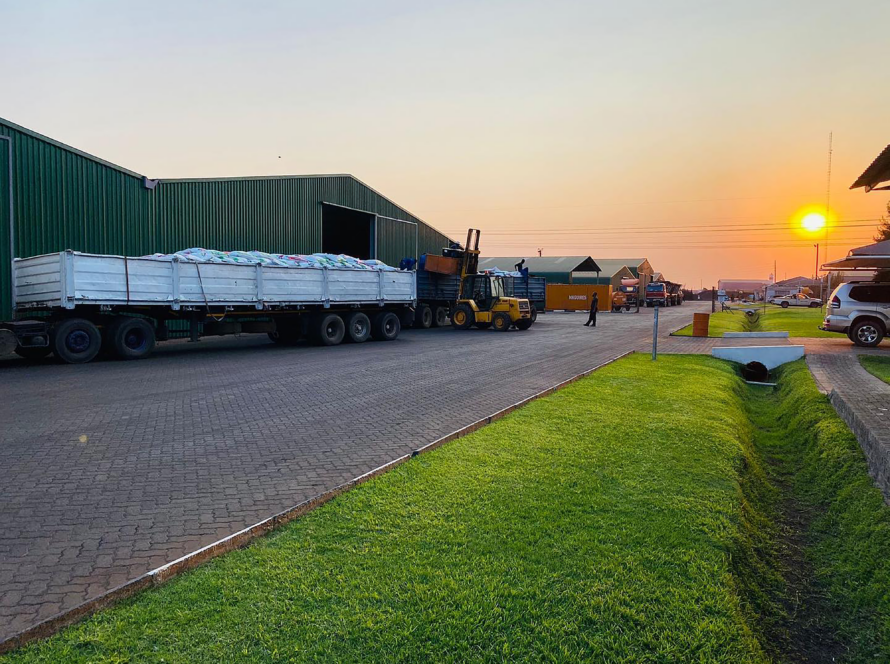TYMIRIUM® Technology is a remarkably effective nematicide and fungicide that can be applied in minuscule amounts in fields, or directly on seeds, to help young seedlings thrive in the first few weeks of life. Unlike many previous molecules in this category, TYMIRIUM® Technology doesn’t harm the many varieties of nematodes—microscopic worms—that are beneficial to soil health and biodiversity. It also has multiple uses to protect crops in later stages.
Back in 2008, when Syngenta began developing the solution that would become TYMIRIUM® Technology the market for nematicides was one-tenth its current size. That’s because nematodes were not always recognized as a culprit. They can be difficult to detect from above ground and cause damage that’s often misattributed to factors like drought and disease.
Nematicides safeguard against plant-parasitic nematodes, microscopic worms that feed on plant roots. But not all forms of nematodes pose a threat. In fact, many types promote soil and plant health by feeding on harmful bacteria, fungi, or other microscopic creatures. Any new, improved treatment needed to target the destructive nematodes without harming the beneficial ones.
Syngenta had been pioneering the use of seed treatments to guard against nematodes and wanted to develop a successor product that was broader spectrum and easier to apply. Company leaders knew they would have to build the nematicide market, by increasing awareness of a threat that has often gone untreated in parts of the world—but can cost farmers worldwide up to $358 billion in crop losses each year, according to research published in the journal Nature. And as climate change raises temperatures in many agricultural regions worldwide, the warmer soil is increasingly conducive to parasitic nematodes.
With TYMIRIUM® Technology, for example, we designed our molecule so that it targets plant-parasitic nematodes—but leaves helpful nematodes and other microorganisms intact.”
Syngenta has also streamlined the process of refining products based on field test results and farmer feedback. This involves close collaboration among global research and business teams and the local representatives who are most attuned to farmers’ experiences and needs, according to Jader Caricati, the global product management lead for TYMIRIUM® Technology.
For farmers, gaining access to a new product can make all the difference.
Tiziano Agostinelli, a fourth-generation tomato grower from La Plata, Argentina, just outside Buenos Aires, lost roughly 80% of his yields during the planting season stretching from December 2020 through January 2021. The cause: a disastrous combination of plant-parasitic nematodes, soil diseases including fusarium and extremely high temperatures.
″The nematodes attacked the roots of the plants, which weakened them to the point where they were unable to fight diseases and survive the high temperatures, ″ Agostinelli said in an interview. ″It was almost a complete loss. ″
Argentina has phased out the use of methyl bromide—a powerful soil fumigant that can protect against harmful nematodes but also depletes the ozone layer — prompting growers like Agostinelli to cobble together various combinations of products, often with disappointing results.
In 2022, Argentina became one of the first countries to grant regulatory approval to TYMIRIUM® Technology-based products. At first, Agostinelli acknowledges, he was sceptical.
″The first time I heard about TYMIRIUM® Technology, I thought it was just another solution that makes lots of promises with regard to nematode control but then doesn’t turn out to work so well, ″ he said. ″When we ran our first test, together with Syngenta’s specialists, we noticed that the difference was very profound. ″
Besides battling harmful nematodes, the nematicide and fungicide can also protect plants against devastating diseases like the fusarium fungus (which can plague a variety of crops).
″When a plant is affected by nematodes or fusarium, the leaves get yellowish or discoloured, the tomatoes come out small and you need to be applying products all the time to make it to harvest, ″ Agostinelli said. ″With TYMIRIUM® Technology the plant is vital, it’s lively, it’s green. The tomatoes are just the right size. The roots are stronger, thicker, and longer because they’re protected. ″
The application process is also ″totally different, ″ Agostinelli said. Instead of applying 15 to 30 Liters of products per hectare throughout the growing season, workers now sprinkle 300 to 400 millilitres of the nematicide and fungicide per hectare just once, within one to three days of planting.
For certain crops, including corn, wheat and soybeans, a thin coating of products based on TYMIRIUM® Technology can be applied directly to seeds.
″We know that strong, healthy roots improve soil health, reduce erosion, and maximize carbon capture, ″ Corsi said. ″TYMIRIUM® Technology-based seed treatments have the extra benefit that they’re extremely localized. There’s no need to apply the product across entire fields.″


